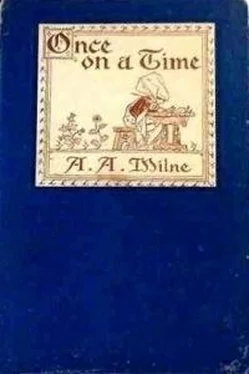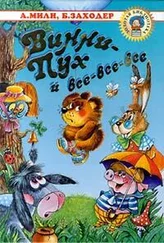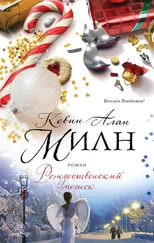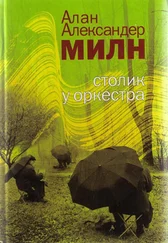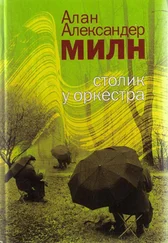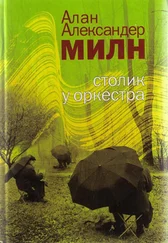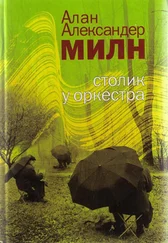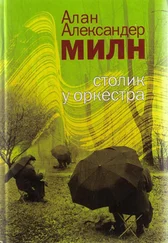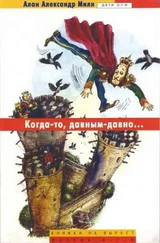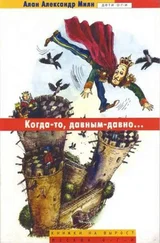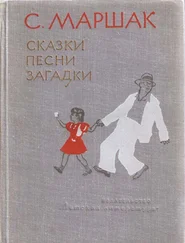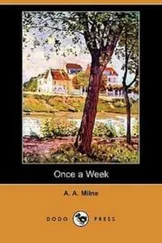Wonderful woman!
You remember that scene with the Princess Hyacinth? "I feel we want a little outside help in our affairs." A fortnight of suspense before Prince Udo arrived. What had the ring done to him? At the best, even if there would be no Udo at all to interfere, nevertheless she knew that she had lost her footing at the Palace. She and the Princess would now be open enemies. At the worst—those magic rings were so untrustworthy!—a Prince, still powerful, and now seriously annoyed, might be leagued against her.
Yet she composed.
And what is she writing? She is entering for the competition in connection with the Encouragement of Literature Scheme: the last scheme which the Princess had signed.
I like to think of her peacefully writing at a time when her whole future hung in the balance. Roger sneers at her. "Even now," he says, "she was hoping to wring a last bag–full of gold from her wretched country." I deny emphatically that she was doing anything of the sort. She was entering for a duly authorised competition under the pen–name of Charlotte Patacake. The fact that the Countess Belvane, according to the provisions of the scheme, was sole judge of the competition, is beside the point. Belvane's opinion of Charlotte Patacake's poetry was utterly sincere, and uninfluenced in any way by monetary considerations. If Patacake were rewarded the first prize it would be because Belvane honestly thought she was worth it.
One other fact by way of defence against Roger's slanders. As judge, Belvane had chosen the subject of the prize poems. Now Belvane and Patacake both excelled in the lighter forms of lyrical verse; yet the subject of the poem was to be epic. "The Barodo–Euralian War"—no less. How many modern writers would be as fair?
"THE BARODO–EURALIAN WAR."
This line is written in gold, and by itself would obtain a prize in any local competition.
King Merriwig the First rode out to war
As many other kings had done before!
Five hundred men behind him marched to fight—
There follows a good deal of scratching out, and then comes (a sudden inspiration) this sublimely simple line:
Left–right, left–right, left–right, left–right, left–right.
One can almost hear the men moving.
What gladsome cheers assailed the balmy air—
They came from north, from south, from everywhere!
No wight that stood upon that sacred scene
Could gaze upon the sight unmoved, I ween:
No wight that stood upon that sacred spot
Could gaze upon the sight unmoved, I wot:
It is not quite clear whether the last couplet is an alternative to the couplet before or is purposely added in order to strengthen it. Looking over her left shoulder it seems to me that there is a line drawn through the first one, but I cannot see very clearly because of her hair, which will keep straying over the page.
Why do they march so fearless and so bold?
The answer is not very quickly told.
To put it shortly, the Barodian king
Insulted Merriwig like anything—
King Merriwig, the dignified and wise,
Who saw him flying over with surprise,
As did his daughter, Princess Hyacinth.
This was as far as she had got.
She left the table and began to walk round her garden. There is nothing like it for assisting thought. However, to–day it was not helping much; she went three times round and still couldn't think of a rhyme for Hyacinth. "Plinth" was a little difficult to work in; "besides," she reminded herself, "I don't quite know what it means." Belvane felt as I do about poetry: that however incomprehensible it may be to the public, the author should be quite at ease with it.
She added up the lines she had written already—seventeen. If she stopped there, it would be the only epic that had stopped at the seventeenth line.
She sighed, stretched her arms, and looked up at the sky. The weather was all against her. It was the ideal largesse morning….
Twenty minutes later she was on her cream–white palfrey. Twenty–one minutes later Henrietta Crossbuns had received a bag of gold neatly under the eye, as she bobbed to her Ladyship. To this extent only did H. Crossbuns leave her mark upon Euralian history; but it was a mark which lasted for a full month.
Hyacinth knew nothing of all this. She did not even know that Belvane was entering for the prize poem. She had forgotten her promise to encourage literature in the realm.
And why? Ah, ladies, can you not guess why? She was thinking of Prince Udo of Araby. What did he look like? Was he dark or fair? Did his hair curl naturally or not?
Was he wondering at all what she looked like?
Wiggs had already decided that he was to fall in love with her Royal Highness and marry her.
"I think," said Wiggs, "that he'll be very tall, and have lovely blue eyes and golden hair."
This is what they were like in all the books she had ever dusted; like this were the seven Princes (now pursuing perilous adventures in distant countries) to whom the King had promised Hyacinth's hand—Prince Hanspatch of Tregong, Prince Ulric, the Duke of Highanlow, and all the rest of them. Poor Prince Ulric! In the moment of victory he was accidentally fallen upon by the giant whom he was engaged in undermining, and lost all appetite for adventure thereby. Indeed, in his latter years he was alarmed by anything larger than a goldfish, and lived a life of strictest seclusion.
" I think he'll be dark," said Hyacinth. Her own hair was corn–coloured.
Poor Prince Hanspatch of Tregong; I've just remembered about him—no, I haven't, it was the Duke of Highanlow. Poor Duke of Highanlow! A misunderstanding with a wizard having caused his head to face the wrong way round, he was so often said good–bye to at the very moment of arrival, that he gradually lost his enthusiasm for social enterprises and confined himself to his own palace, where his acrobatic dexterity in supplying himself with soup was a constant source of admiration to his servants….
However, it was Prince Udo of whom they were thinking now. The Messenger had returned from Araby; his Royal Highness must be expected on the morrow.
"I do hope he'll be comfortable in the Purple Room," said Hyacinth. "I wonder if it wouldn't have been better to have left him in the Blue Room, after all."
They had had him in the Blue Room two days ago, until Hyacinth thought that perhaps he would be more comfortable in the Purple Room, after all.
"The Purple Room has the best view," said Wiggs helpfully.
"And it gets the sun. Wiggs, don't forget to put some flowers there. And have you given him any books?"
"I gave him two," said Wiggs. " Quests for Princes , and Wild Animals at Home ."
"Oh, I'm sure he'll like those. Now let's think what we shall do when he comes. He'll arrive some time in the afternoon. Naturally he will want a little refreshment."
"Would he like a picnic in the forest?" asked Wiggs.
"I don't think any one wants a picnic after a long journey."
"I love picnics."
"Yes, dear; but, you see, Prince Udo's much older than you, and I expect he's had so many picnics that he's tired of them. I suppose really I ought to receive him in the Throne Room, but that's so—so―"
"Stuffy," said Wiggs.
"That's just it. We should feel uncomfortable with each other the whole time. I think I shall receive him up here; I never feel so nervous in the open air."
"Will the Countess be here?" asked Wiggs.
"No," said the Princess coldly. "At least," she corrected herself, "she will not be invited. Good afternoon, Countess." It was like her, thought Hyacinth, to arrive at that very moment.
Читать дальше
